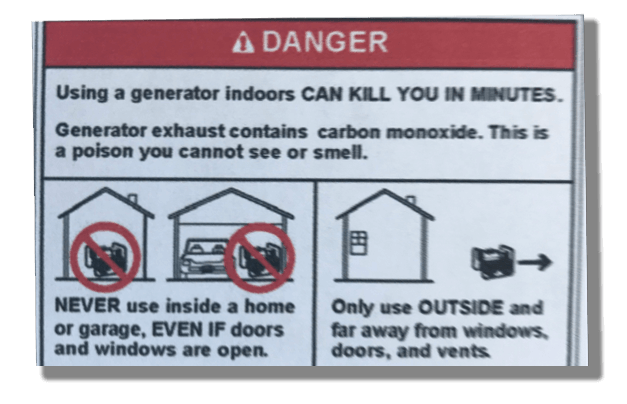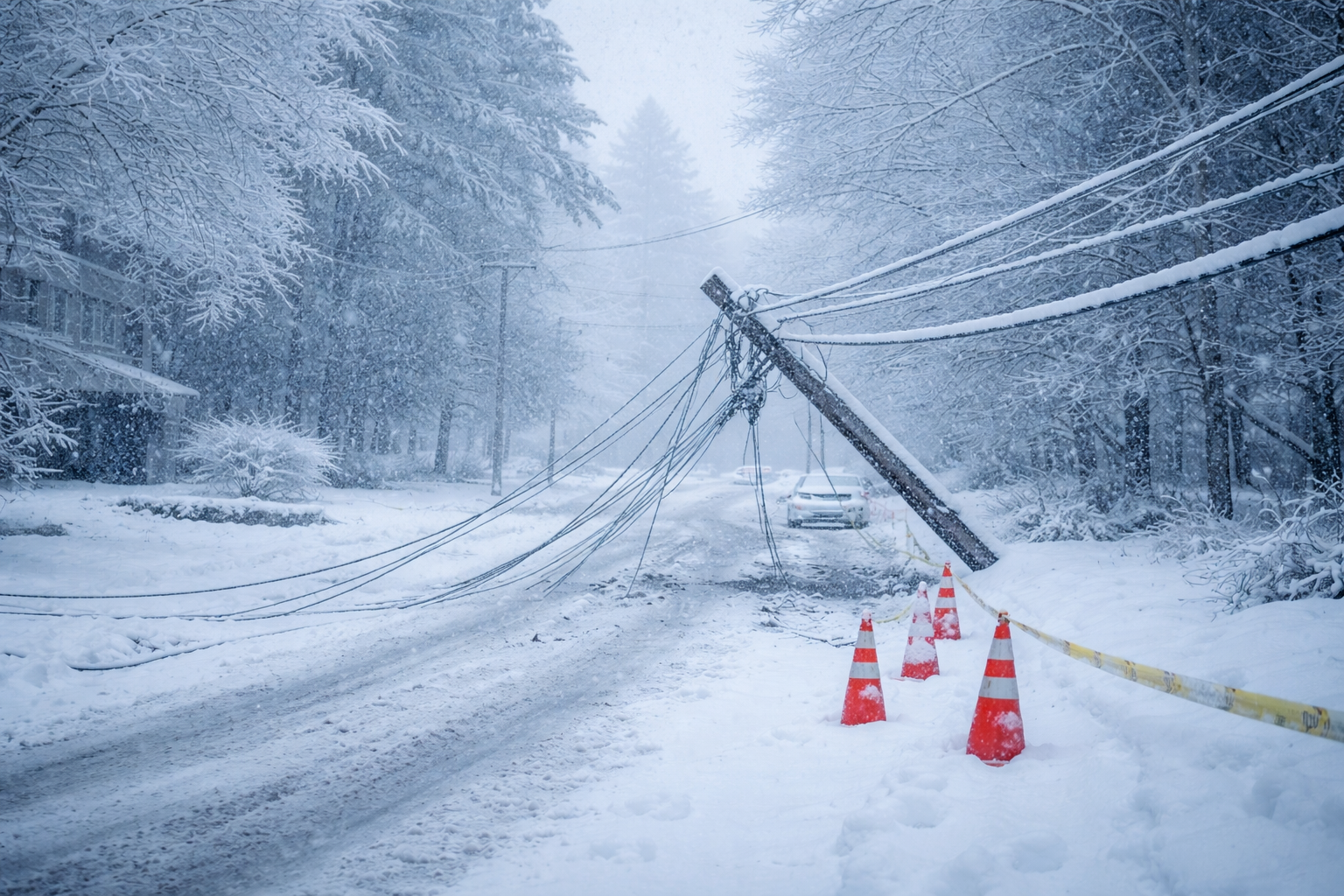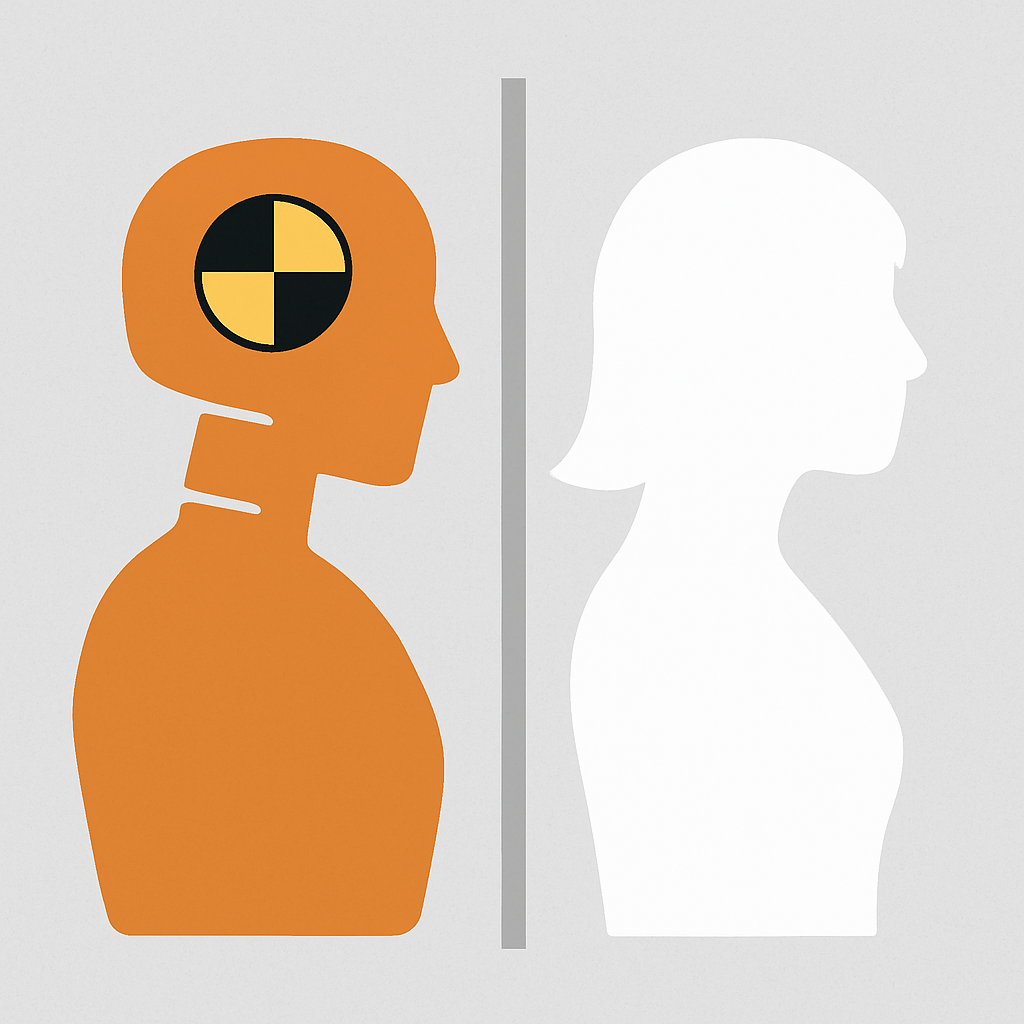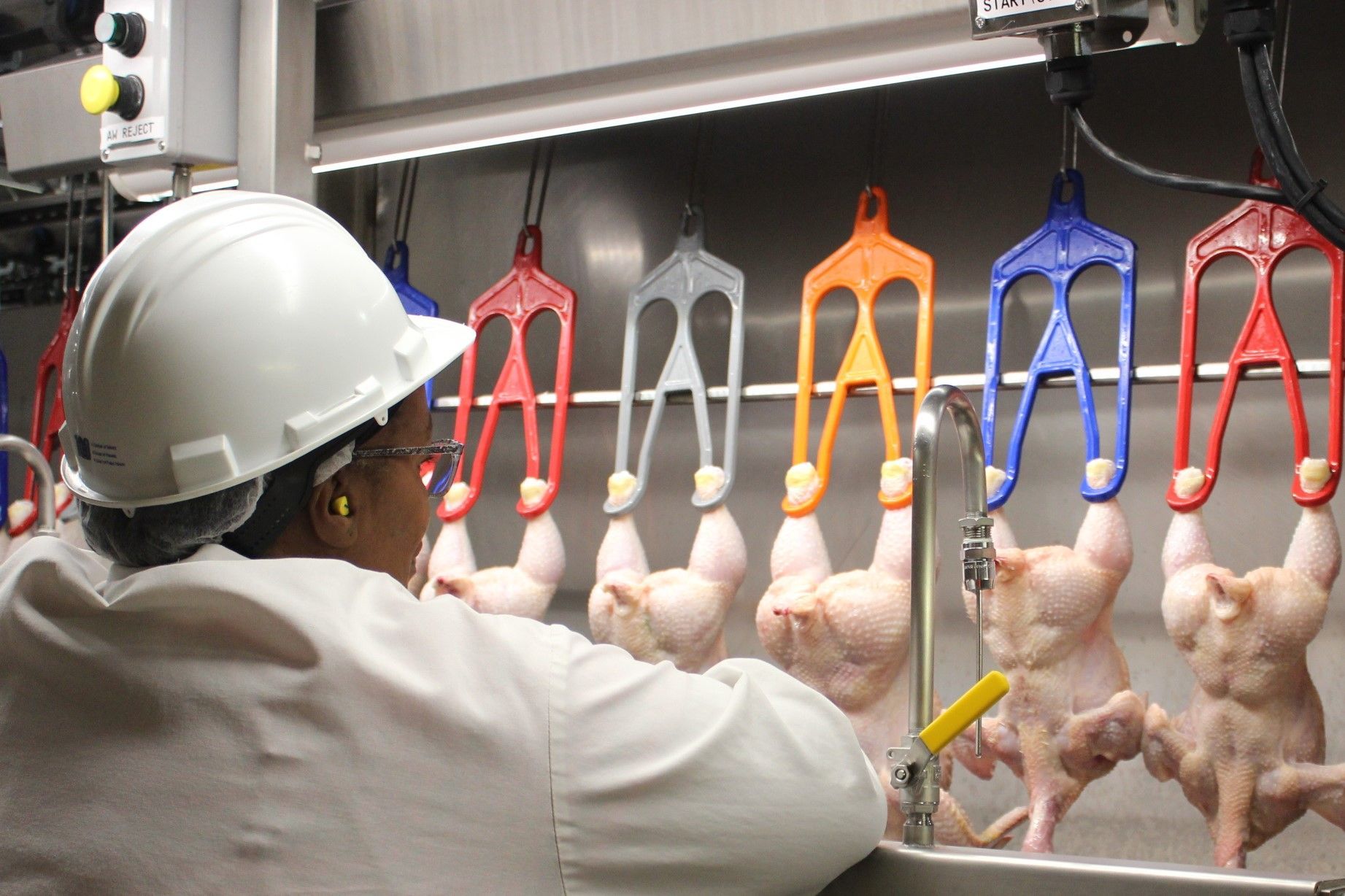CPSC RELEASES NEW REPORT ON PORTABLE GENERATORS
With hurricane season upon us and ferocious storms likely to cause loss of electrical power, as evidenced by Hurricane Fiona which caused the entire island of Puerto Rico to be blacked out, portable generators will once again play a major role in many households. However useful portable generators may be in supplying us with power, they can also be quite hazardous, mostly due to carbon monoxide (CO) poisoning from the toxic engine exhaust, electric shock or electrocution and from fire and burns. Recognizing that CO poisoning is the number one hazard associated with portable generators, the U.S. Consumer Product Safety Commission (CPSC) recently released a new report and launched a new public service announcement (PSA) underscoring the dangers of portable generators. In its new report, the CPSC tells us that
"one portable generator can produce the same amount of carbon monoxide as hundreds of cars."
The CPSC estimates that about 85 consumers die in the U.S. each year from CO poisoning caused by gasoline-powered portable generators. Their report also shows that African Americans are at higher risk, accounting for 23% of generator-related CO deaths, nearly double their estimated 13% share of the U.S. population. Most generator deaths (81%) occur in residential locations. CPSC's study also found that the top three reasons for using a generator among the reported fatal incidents were weather-related power outages, power shut-offs, and attempts to provide power to temporary locations, such as cabins, campers and trailers. Portable generators can create a risk of
CO poisoning that can kill in minutes. CO is called the invisible killer because it is colorless and odorless. You cannot see or smell CO, but even if you do not smell exhaust fumes, you may still be exposed to CO. CO poisoning from portable generators can happen so quickly that exposed persons may become unconscious before recognizing the symptoms of nausea, dizziness or weakness. If you start to feel sick, dizzy or weak while using a generator, you must get to fresh air right away, without any delay.
All portable generators manufactured or imported after May 14 2007 are required to have the following warning label attached to them:

Consumers who plan to use a portable generator during a power loss should follow these tips provided by the CPSC in its new safety alert:
1.
NEVER use a generator inside homes, garages, crawlspaces, sheds, or similar areas, even when using fans or opening doors and windows for ventilation. Deadly levels of CO can quickly build up in these areas and can linger for hours, even after the generator has shut off. Opening doors or windows will not provide enough ventilation to prevent the buildup of lethal amounts of CO.
2.
Use portable generators OUTSIDE ONLY.
Keep them at least 20 feet from doors, windows, and vents that could allow CO to come indoors. You should direct the generator's exhaust away from the home and any other buildings that someone could enter, while keeping windows and other openings closed in the exhaust path of the generator.
3.
Check that portable generators have had proper maintenance, and read and follow the labels, instructions and warnings on the generator and in the owner's manual.
4.
Look for portable generators that shut off automatically when high levels of CO are present. Some models with CO shut-off also have reduced emissions. These models may or may not be advertised as certified to the latest safety standards for portable generators--PGMA G300-2018 and UL 2201--which are estimated to reduce deaths from CO poisoning by 87% and 100%, respectively.
5.
Install battery-operated CO alarms or plug-in CO alarms with battery back-up in your home, according to the manufacturer's instructions. CO alarms should be certified to the requirements of the latest safety standards (UL 2034, IAS 6-96, or CSA 6.19.01).
6.
Test CO alarms (and smoke alarms, which you should also have) monthly to make sure they are working properly, and replace batteries, if needed. Never ignore an alarm when it sounds. Get outside immediately and then call 911.
Portable generators can be lifesavers to consumers who lose their electricity, especially for extended periods of time. However, they can also be lifetakers unless you follow the sound advice provided above by the CPSC.
Check out my latest podcast "EXPOSED! An Exclusive Look Behind the Curtain of Corporate Greed"
Check out my book "Murder, Inc.: How Unregulated Industry Kills or Injures Thousands of Americans Every Year...And What You Can Do About It". Available in Hardcover, Paperback, Kindle & Audiobook on Amazon now.














